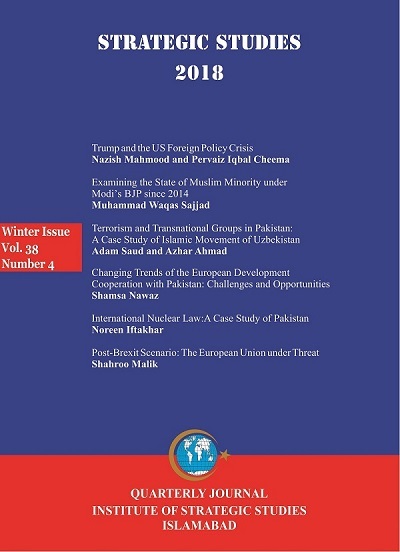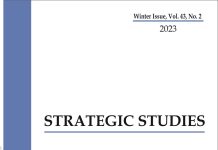Daniel Reitiker observes the lack of progress in the last two decades in nuclear arms control and links it to the state security centric model that has been used to evaluate nuclear weapons. He advocates a humanitarian-based model which has successfully been used to achieve non-nuclear weapons bans especially on the use of anti-personnel mines and cluster munitions for humanitarian reasons. He advocates that the same model can be applied to achieve success in nuclear arms control. It has already been applied to achieve success in nuclear test ban treaties, establishment of Nuclear Weapons Free Zones (NWFZ) and the Non-Proliferation Treaty (NPT). The model can also be emulated to ultimately achieve a nuclear weapons ban. Rietiker makes an impressive case for making nuclear weapons illegal for humanitarian reasons.
The book proposes an alternative approach to arms control that focuses on the human dimension of arms control treaties rather than on considerations of states’ security, thus, “humanisation” of arms control. Rietiker highlights the concept of human security instead of state security, which aims at placing the individual at the centre of the international security debate. This bottom-up-approach to security rather than the top-down-approach to security as well as arms control is the main theme of this book.













